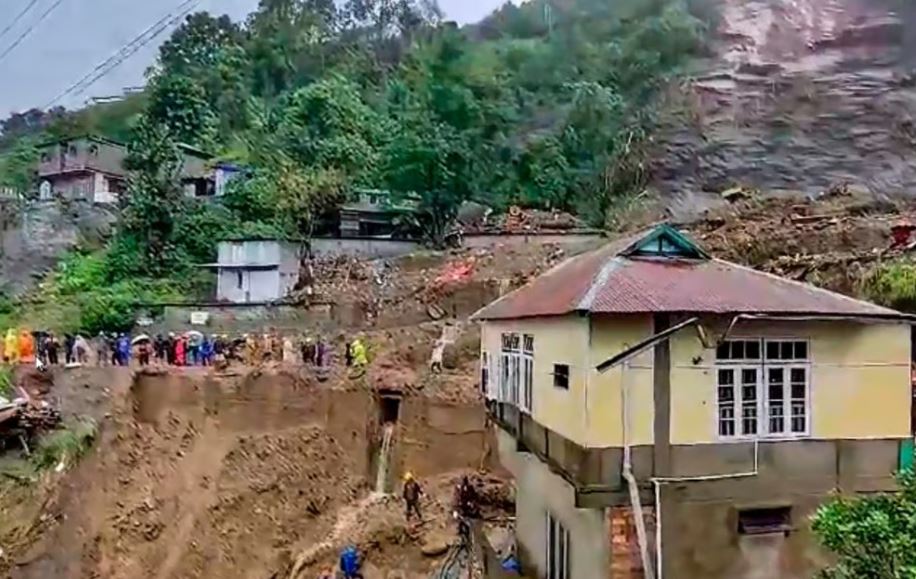Amidst the escalating frequency and severity of urban disasters like floods and heatwaves, the central government has proposed a groundbreaking initiative to establish Urban Disaster Management Authorities (UDMAs) in all state capitals and cities with municipal corporations. This strategic move aims to enhance disaster preparedness and response capabilities at the city level.
UDMAs: A Third Tier of Disaster Management in India
The UDMAs will function as the third tier of India’s disaster management framework, complementing the National Disaster Management Authority (NDMA) and State Disaster Management Authorities (SDMAs). This new layer of governance will specifically address the unique challenges faced by larger cities, which often span multiple districts and require tailored disaster management strategies.
Mandating State Disaster Response Forces and UDMAs
The proposed amendment to the Disaster Management Act of 2005, introduced in Lok Sabha on Thursday, not only mandates the establishment of UDMAs but also requires each state to form a State Disaster Response Force (SDRF). This move formalizes the existing practice in several states and ensures a dedicated, state-level response mechanism to complement the national-level National Disaster Response Force (NDRF).
UDMAs’ Responsibilities: Tailored Disaster Management Plans for Cities
Led by municipal commissioners, UDMAs will be tasked with developing and implementing comprehensive disaster management plans specific to their respective cities. This localized approach recognizes that urban areas face distinct vulnerabilities and require specialized strategies to mitigate and respond to disasters effectively.
Urban Disasters: A Growing Concern
The need for UDMAs is underscored by the increasing occurrence of urban disasters in recent years. Numerous cities have been paralyzed by floods triggered by extreme rainfall events. The devastating 2015 Chennai floods, which claimed at least 400 lives, serve as a stark reminder of the catastrophic consequences of inadequate urban disaster management.
Opposition in Lok Sabha: Concerns Over Legislative Authority and Clarity
While the proposed amendment garnered support, it also faced opposition in the Lok Sabha. Congress member Manish Tewari raised concerns about the legislative authority for disaster management, advocating for an amendment to the concurrent list in the Constitution to clearly define the roles and responsibilities of various stakeholders. He emphasized the importance of local authorities as first responders during disasters.
Key Learnings:
| Point | Description |
|---|---|
| UDMAs | Urban Disaster Management Authorities will be established in state capitals and cities with municipal corporations to enhance disaster preparedness and response. |
| SDRFs | The amendment mandates the formation of State Disaster Response Forces in every state to complement the national-level NDRF. |
| City-Level Plans | UDMAs will develop and implement disaster management plans tailored to the specific needs of their respective cities. |
| Legislative Concerns | Some members of Parliament raised concerns about the legislative authority for disaster management and the clarity of roles and responsibilities. |
Soumya Smruti Sahoo is a seasoned journalist with extensive experience in both international and Indian news writing. With a sharp analytical mind and a dedication to uncovering the truth, Soumya has built a reputation for delivering in-depth, well-researched articles that provide readers with a clear understanding of complex global and domestic issues. Her work reflects a deep commitment to journalistic integrity, making her a trusted source for accurate and insightful news coverage.



